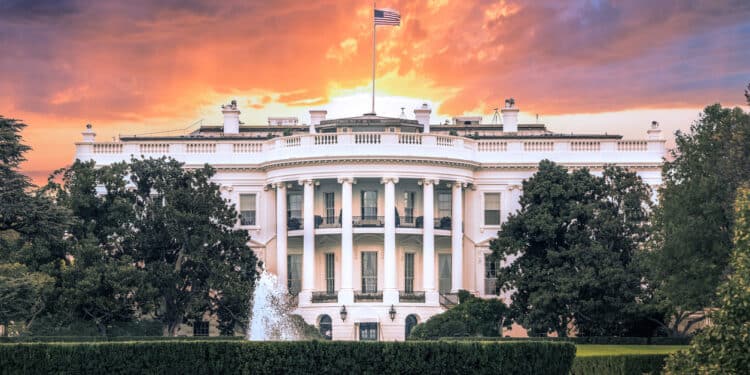On May 18, the Inspector General (IG) of the U.S. Department of Defense (DoD) released a report outlining the findings of a whistleblower reprisal investigation into allegations that Trump administration officials retaliated against Lieutenant Colonel Yevgeny Vindman after Vindman made protected disclosures about then-President Trump’s phone call with Ukrainian President Volodymyr Zelensky. The DoD IG found “based on a preponderance of the evidence” that Vindman was retaliated against for blowing the whistle.
Vindman’s whistleblowing relates to then-President Trump’s July 25, 2019 phone call with Ukrainian President Volodymyr Zelensky in which Trump asked Zelensky to, as a favor, investigate former-Vice President and then-Democratic presidential candidate Joseph Biden. Vindman learned of the phone call’s contents through his twin brother, Lieutenant Alexander Vindman, who was present on the call.
Concerned that Trump violated U.S. laws by asking a foreign leader to investigate a political rival, Vindman reported the phone call in a number of conversations with his supervisors. The DoD IG determined that these conversations were protected whistleblower disclosures under the Military Whistleblower Protection Act because Vindman was reporting potential violations of law to individuals within his chain of command.
According to the DoD IG report, following his protected disclosures, Vindman faced a number of unfavorable personnel actions. For example, in April 2020, Vindman received an unfavorable Officer Evaluation Report. Beginning in the fall of 2019, Vindman also “had his duties and responsibilities significantly changed to a degree inconsistent with his grade,” the report states. Furthermore, Vindman was removed from his role on the National Security Council (NSC) and was not recommended for an end of tour award.
These adverse actions were taken by Trump administration officials, including Michael Ellis, former NSC Deputy Legal Advisor and Special Assistant to the President; John Eisenberg, former Assistant to the President, Deputy White House Counsel and NSC Legal Advisor; Robert O’Brien, former Assistant to the President for National Security Affairs; and Alexander Gray, former Deputy Assistant to the President and NSC Chief of Staff.
The DoD IG found that “a preponderance of evidence” shows that the Trump officials committed these adverse actions as retaliation against Vindman’s protected whistleblowing. The DoD IG claims that the officials had knowledge of the protected disclosures and that “[t]he close proximity in time between the Complainant’s protected communications and the personnel actions raises an inference of reprisal.” Furthermore, the DoD IG determined that the Trump officials had motivation to retaliate against Vindman given then-President Trump’s repeated tweets and statements villainizing the Vindman twins for their disclosures.
“We carefully considered the evidence surrounding the Complainant’s protected communications, including the administration officials’ knowledge of those communications; the administration officials’ motive to reprise against the Complainant because of those protected communications; and the timing of unfavorable personnel actions in relation to those protected communications,” the DoD IG report concludes. “Based on a preponderance of the evidence,we conclude that it is more likely than not that the Complainant was the subject of unfavorable personnel actions and that these were in reprisal for his protected communications in violation of 10U.S.C. § 1034.”
The DoD IG did not make any recommendations for actions, however, because Vindman has since been promoted to Colonel and had his performance record corrected and because the Trump officials do not work for DoD and have since left the White House.
Read:
Whistleblower Reprisal Investigation: Colonel Yevgeny S. Vindman, U.S. Army


